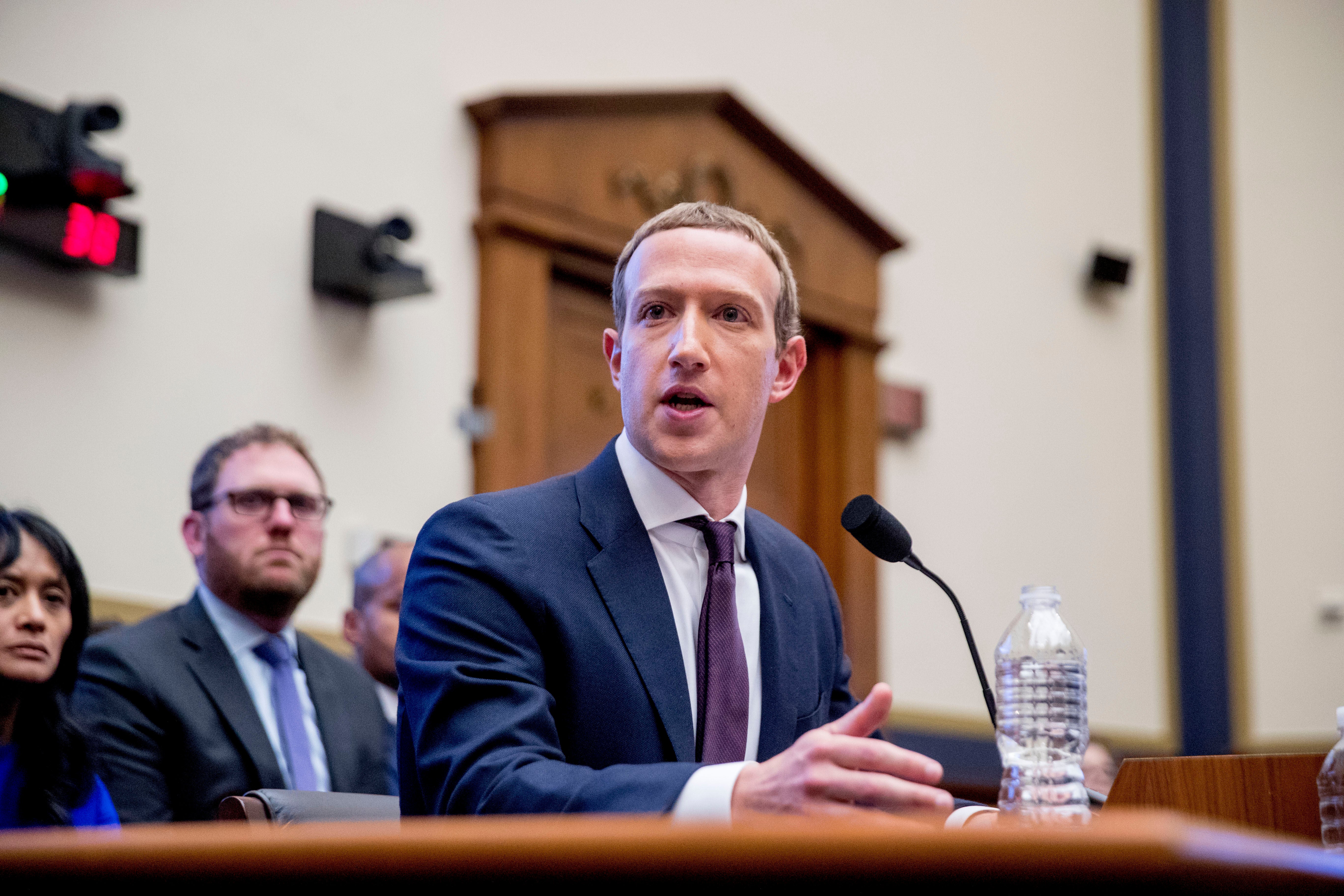Why is Rishi shying away from a battle with Big Tech?
While the EU and US take action to stop digital behemoths cornering key markets, the UK is busy watering down vital new laws that would allow us to do the same, writes Chris Blackhurst. Will MPs show they have the stomach to protect consumers?


It was a defining moment of Rishi Sunak’s reign when he sat, being filmed, interviewing Elon Musk.
Eyebrows were raised. This was the prime minister, elected leader of the country, displaying fawning admiration for a US businessman. Of course, Musk was the world’s richest man at the time, in November 2023, and the tech multibillionaire was in the vanguard of global innovation. But even so, would others in Sunak’s position have behaved in the same way?
The interview appeared to confirm what was suspected, that Sunak is engaged in a long-standing love affair with Big Tech.
He and his wife, Akshata, met at Stanford, alma mater for much of Silicon Valley’s boss class. She is the daughter of Narayana Murthy, the Indian tech entrepreneur and founder of IT services giant Infosys. She has retained shares in Infosys. They have a penthouse in Santa Monica, close to the Valley, where they’re surrounded by US tech aristocracy.
In government, Sunak has promoted digital as a solution to many problems. Here he was, not running the country but getting down with Musk. It said much about his priorities. The event was interpreted as a personal advertisement from Sunak, that when he departs No 10, he will want to work in tech, possibly, who knows, for Musk himself.
Further evidence of the romance comes with the Digital Markets Competition and Consumer Bill, currently wending its way through parliament. When the bill reached the House of Lords, peers approved a set of amendments that tightened the wording and created a more level playing field between the consuming public and the hugely powerful Big Tech platforms.
This week, though, the draft legislation was back in the Commons and only one of those Lords amendments survived, the government moving to reject the others and restore the wording to the advantage of the digital behemoths.
The bill is intended to protect competition, to prevent online being the preserve of a small group of super-powerful corporations. The Lords’ amendments were designed to strengthen the hand of the UK watchdog, the Competition and Markets Authority.
It was feared the giant companies could use their mighty financial muscle to frustrate the regulators, tying them up in knots, prolonging any proposed intervention, mounting full, drawn-out appeals and running up crippling legal costs – hence the peers’ suggested changes.
But on the bill’s return to the Commons, a modification was made that most likely will lengthen, not shorten, the appeals process. Another alteration means the CMA can only take action in a “proportionate” manner. This replaced the broader, looser “appropriate” that had been there.
Conservative former minister Damian Collins said the government had suggested the rewording as a “tidying up exercise” but added: “It is really important at this point that we’re clear, the House is clear, what it is intended from this change.
“And there is a concern that this opens up, effectively, a sort of full merits appeal basis, something that we’ve been – in all the debates on this bill going through both Houses – keen to avoid.”
Labour’s Alex Davies-Jones said the government must reverse the “watering down” of the legislation. She told the Commons: ‘What is more important to this government? Appeasing big companies or acting for the good of the exact people they are supposed to represent?”
She said the changes would have a “significant impact” on the scope of Big Tech firms to challenge the CMA under judicial review. “If we want this legislation to actually be workable, to be worth the paper it is written on, we must ensure it is clear, it is precise and it is unambiguous,” she said.
A clause in the bill provides a defence to a firm accused of breaching the rules if it can show its actions provide a consumer benefit. The Lords narrowed the definition of benefit and restricted the get-out. Lo and behold, the Commons rewording effectively widened it.
An expert lawyer in this field is Tim Cowen, chair of the Anti-trust Practice at Preiskel & Co solicitors, chair, International Institute of Communications (UK), and a former member, Competition Appeal Tribunal. Cowen said: “The rejection of the Lords’ wording is concerning. However, the exemption in itself risks acting as a loophole for big tech platforms:they can in most cases prove that their conduct provides a consumer benefit (such as more security, privacy, user experience, etc.).
“It’s likely the consumer benefit will be beyond the CMA’s jurisdiction; for example, the CMA cannot decide on privacy or security issues as this goes beyond their remit. This exemption will act as a stalling tactic for big tech to challenge CMA decisions, wasting valuable public resources.”

Other jurisdictions, including the US and EU, are moving hard against Big Tech, stepping up several gears in their drive to curb their growing dominance. In the US, the first monopoly trial of Big Tech, accusing Google of breaking federal antitrust laws to maintain its online search dominance, has reached a climax. The year-long hearing in the US District Court for the District of Columbia, ended this week with closing arguments.
In the coming weeks or months, the judge, Amit P Mehta, will decide whether to change the way Google does business, break up the company or absolve the tech giant completely. Many antitrust experts expect he will take a middle course, ruling only some of Google’s tactics out of order.
Similarly, in the EU, regulators have opened investigations into Apple, Google and Meta, in the first cases under a sweeping digital law designed to stop Big Tech companies from cornering digital markets.
In the UK, the new statute was seen by its proponents as a rare opportunity to curb their reach and protect the consumer from lack of competition, ever-narrowing choices and increasing prices. But it’s now in danger of becoming a damp squib.
Then again, those nations don’t have a leader who is so easily star-struck and could just possibly be thinking about his next move.






Join our commenting forum
Join thought-provoking conversations, follow other Independent readers and see their replies
Comments